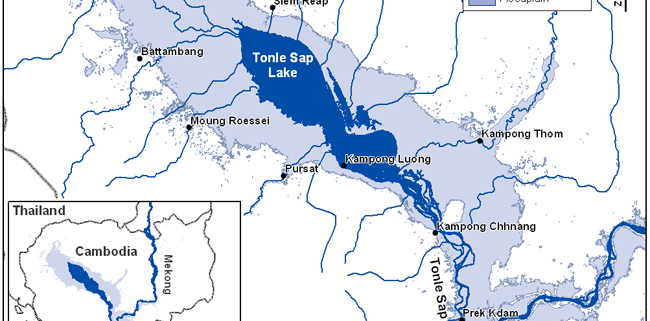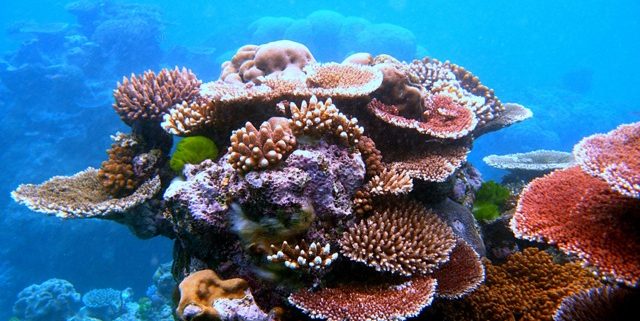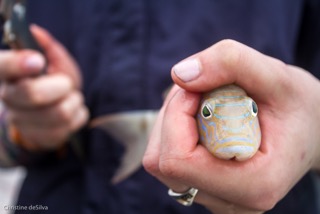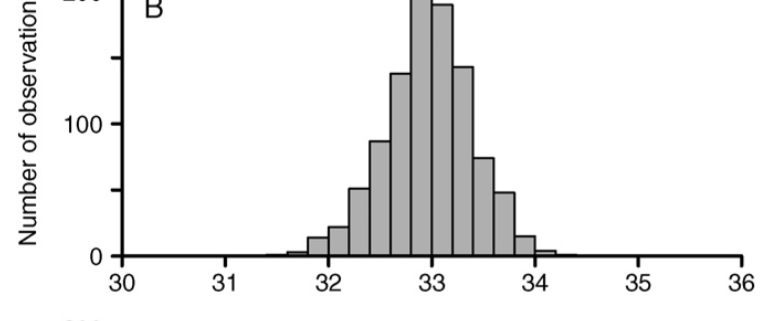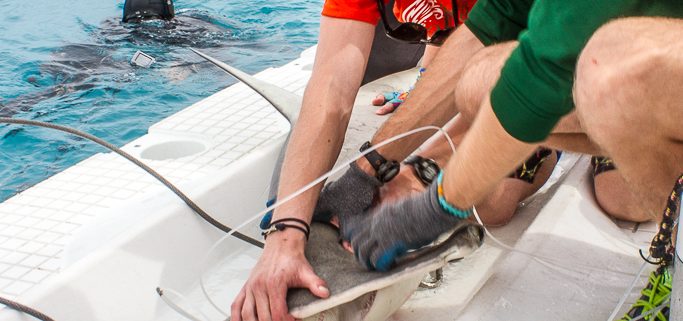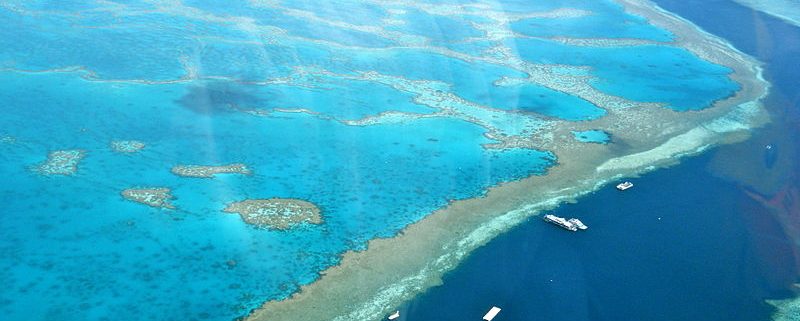Ecological Impacts of Indiscriminate Fisheries
By Hannah Calich, SRC Graduate Student When people think of fisheries they tend to think of species-selective fisheries, such as swordfish or tuna fisheries. However, many fisheries do not focus on a particular species and will harvest most of the fish they catch; these are known as indiscriminate fisheries (McCann et al., 2016). While indiscriminate […]
Marine Reserves Still Beneficial for Conservation Near Coastal Rivers and Cities
By Kevin Reagan, SRC Intern As the ocean becomes more of a “hot topic” in the media and public forums, planners and designers of marine reserves must increasingly factor in socio-economic factors alongside biological principles when discussing policy. The human aspect that is usually responsible for the initial need for conservation and things like no-take […]
National Geographic Filming: Day 1
By Julia Whidden, SRC Intern On February 15th, a crew of 8 SRC members and 7 National Geographic filmmakers merged together for a 3-day tagging excursion in search of the Ferraris of the ocean: the great hammerhead shark (Sphyrna mokarran). With cloudy skies and a slim chance of rain, we made brief introductions and set […]
Implications of climate change for the sex ratios of sea turtle hatchlings
By Grace Roskar, SRC Intern Sea turtles have existed on Earth for over 100 million years and presently inhabit warm waters in tropical and subtropical latitudes. The International Union for the Conservation of Nature has classified six of the seven species of sea turtles as critically endangered, endangered or vulnerable (IUCN, 2014 in Laloë et […]
Shark Tagging with National Geographic
By Shannon Moorhead, SRC Intern As I set out for Crandon Marina early Tuesday morning, my hopes were not high: the sky to the north was a dark, foreboding gray; there was a wall of thunderstorms moving towards Miami on the radar; and I had received multiple worried texts from my parents concerning tornado warnings […]
Clean, Clear, and Under Environmental Control: The Coal Mining Industry’s Impact on the Great Barrier Reef
By Casey Dresbach, SRC Intern Australia’s Great Barrier Reef is home to 348,000 km (approximately 216237.175 miles) of marine ecosystems, an expansive realm is almost equivalent to the size of Germany. However, its grand location is at mercy to shipping channels, rail transport networks, major ports, and most detrimental, several coal mines. In July 2015, […]

